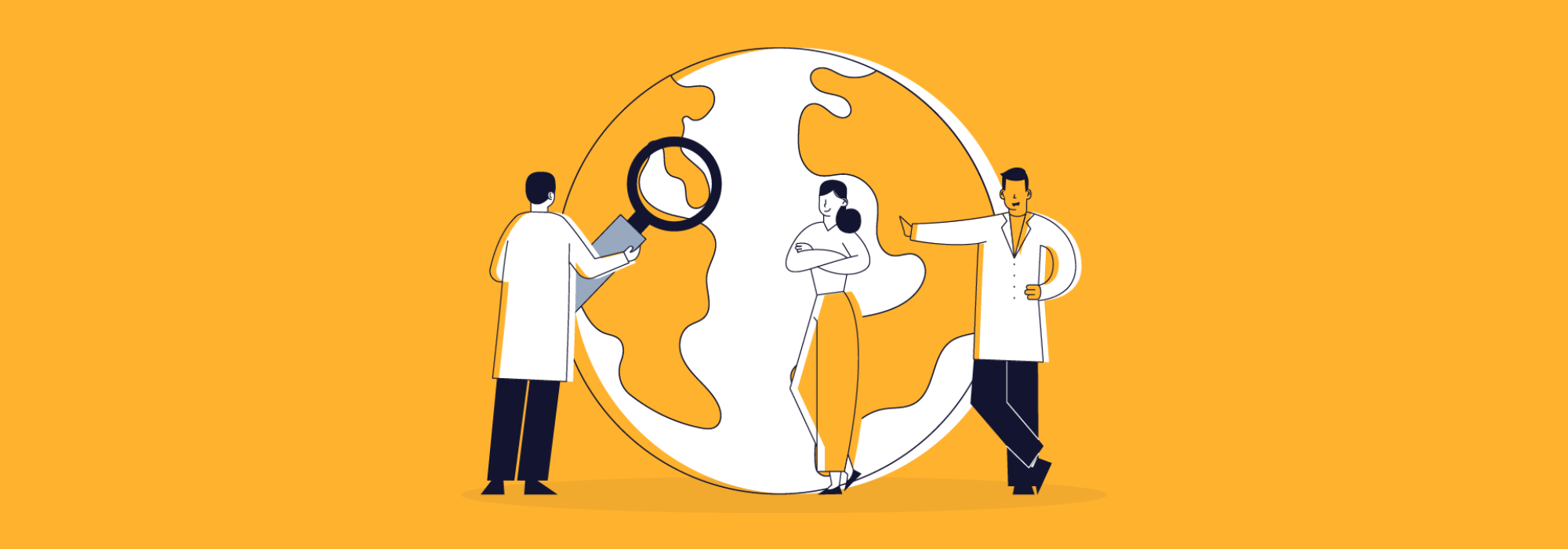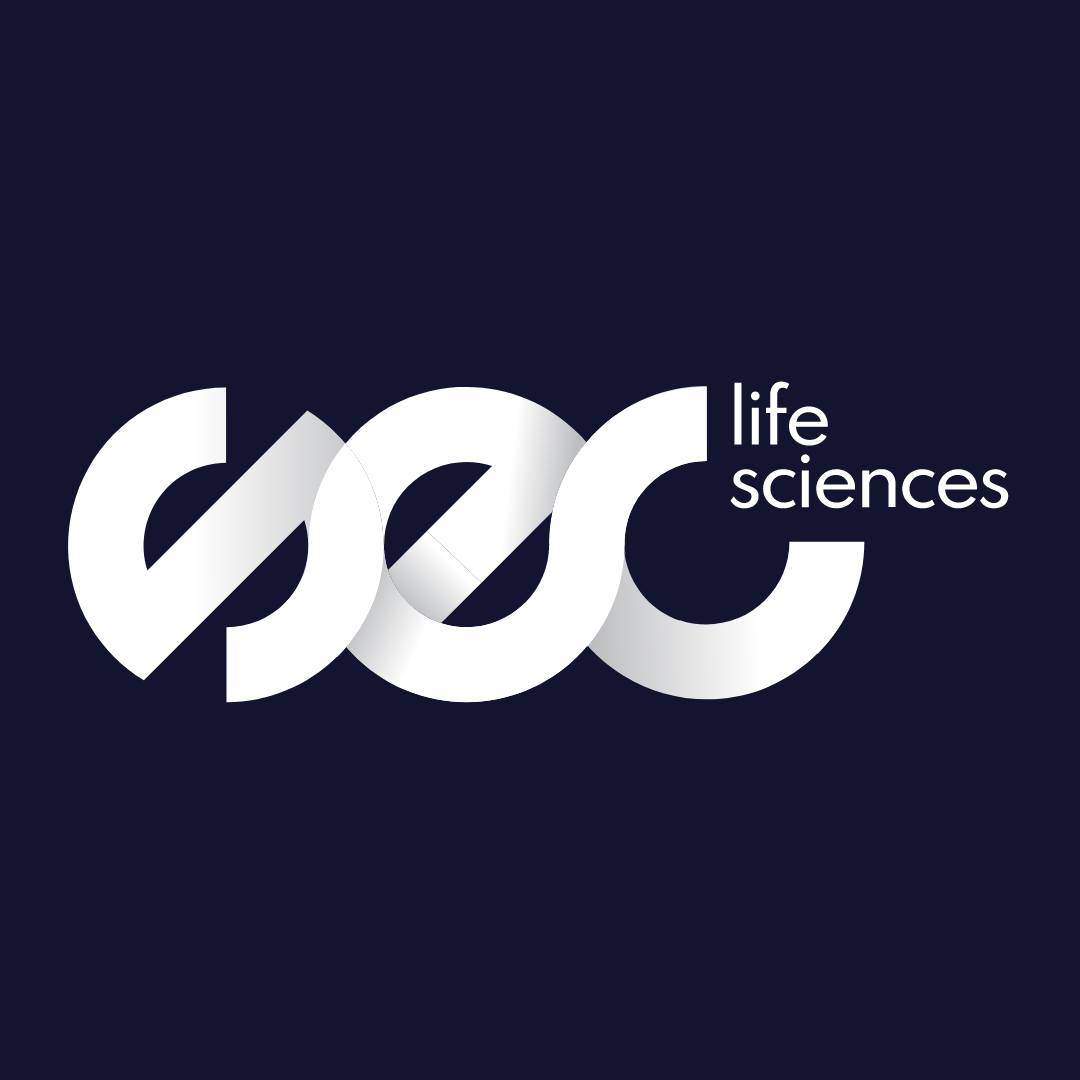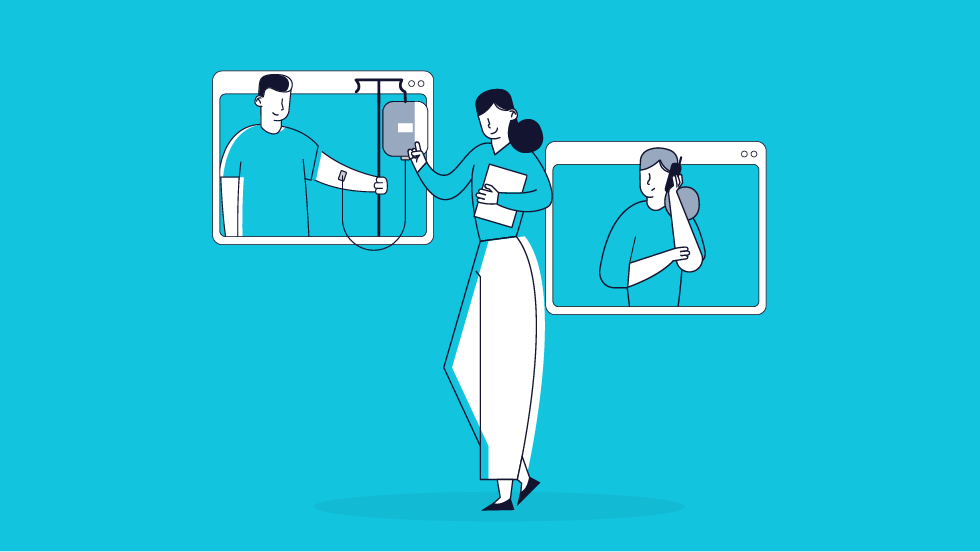
Latest News
Bridging the healthcare equity gap: A spotlight on organisations that are paving the way
06 Apr, 20237 minutesEarlier this year the World Economic Forum (WEF) launched a first-of-a-kind global health eq...

Earlier this year the World Economic Forum (WEF) launched a first-of-a-kind global health equity pledge with the aim of improving the quality of life and well-being of people around the world. 39 organisations around the world committed to join the WEF on their #HealthForAll journey, pledging to take action to advance health equity globally.
This ground breaking pledge serves as a public declaration from participating organisations, asserting their dedication to implementing tangible measures that enhance health equity across various sectors and regions. Ultimately, their goal is to contribute to a resilient and inclusive global economy that generates value for everyone.
The pledge directly addresses the persistent and widening health disparities that exist both between and within nations. A stark contrast in average life expectancy at birth exists between high- and low-income countries, with figures standing at 78 and 64 years, respectively. In the most extreme case, Japan and the Central African Republic have a staggering difference in average life expectancy of over 30 years. Ongoing global climate and health crises, including the COVID-19 pandemic, have intensified these inequities while simultaneously magnifying the potential consequences of inaction. The Zero Health Gaps Pledge represents a commitment to act now to transform this troubling reality for a better tomorrow. The Zero Gaps vision will see that every person has a fair and just opportunity to fulfil their human potential in all aspects of health and wellbeing. This means that there are no differences in healthy years in a person’s life span, within and across communities.
With the #HealthForAll theme in mind, we wanted to recognise these organisations by shining a spotlight on seven of these pioneers that are working to bridge the healthcare equity gap.
AmerisourceBergen
AmerisourceBergen aim to improve access to healthcare for underserved communities. They have collaborated with non-profit organisations like Direct Relief and AmeriCares, donating essential medicines to underserved populations worldwide. Additionally, AmerisourceBergen addresses the opioid crisis through its Foundation Opioid Resource Grant Program and supports telehealth initiatives like Project ECHO to improve healthcare access in rural areas.
Within their own workforce, they are emphasising diversity and inclusion further equipping AmerisourceBergen to understand and address the healthcare needs of diverse communities.
Henry Schein
Through initiatives like the Healthy Communities, Healthy Lives program and the Global Product Donation Program, Henry Schein actively works to increase healthcare access for underserved communities. By partnering with non-profit organisations, healthcare professionals, and other stakeholders, Henry Schein provides resources, support, and education to improve overall community health.
They also sponsor scholarships, provide mentorship programs, and offer education opportunities for dental and medical professionals, particularly those serving underprivileged communities.
Hologic, Inc.
Hologic, Inc. focuses on improving women's health through innovative systems, surgical products, and treatment solutions. For them, it is key that their technologies are accessible to underserved communities, particularly in low-income and rural areas. Key initiatives include the Hologic Global Access Initiative, which provides affordable access to advanced diagnostic testing for HPV, HIV, and other sexually transmitted infections in resource-limited settings.
Hologic also partners with non-profit organisations and governmental agencies to support community-based projects focusing on women's health, raising awareness about early detection and preventive care, and providing training and resources to local healthcare providers.
Medtronic
Through the Medtronic Foundation, this global medical device company supports programs and partnerships that promote health equity, improve overall community health, and increase access to quality healthcare. Key initiatives include HealthRise, which focuses on non-communicable diseases in underserved communities, the Global Innovation Fellows Program which connects Medtronic employees with non-profit organisations, and community health partnerships to address health disparities.
MSD
MSD’s key programs include MSD for Mothers, a $500 million initiative that has impacted over 13 million women in more than 50 countries. It aims to improve maternal healthcare services, increase access to family planning resources, and strengthen healthcare systems.
They also emphasise their commitment through partnerships with NGOs, governments, and other organisations to improve access to essential medicines, vaccines, and healthcare services in underserved regions. Additionally, they invest in research targeting diseases that disproportionately affect low- and middle-income countries and have implemented a comprehensive health equity policy to guide their actions and decisions.
Sanofi
Dedicated to addressing health equity, Sanofi’s key initiatives include the Sanofi Espoir Foundation, which focuses on improving healthcare access for vulnerable populations in over 90 countries, and partnerships with organisations like the World Health Organisation to combat neglected tropical diseases. Internally, Sanofi emphasises diversity and inclusion within its workforce to better understand and address diverse healthcare needs.
Takeda
Through initiatives such as the Takeda Global CSR Program, Takeda collaborates with their partners to enhance local healthcare systems, provide essential medicines, and strengthen healthcare professionals' capacity in underserved communities, aiming to bridge the healthcare gap in low-income and middle-income countries.
Additionally, Takeda's partnership with Plan International through the Takeda-Plan Healthcare Access Program improves maternal and child health in developing countries by enhancing healthcare access and providing health and nutrition education.
These seven organisations are among 39 that have pledged 10 key commitments that will see them embed health equity principles throughout their operations, workforce, and guiding philosophies. The pledge states that each organisation will:
- Continually seek to understand how they can help address the root causes of health inequity and create a positive health equity impact.
- Assess their health equity impact across its workforce, offerings and services, communities, and ecosystems.
- Consistently seek to understand health equity needs within their consumer base, communities, and ecosystem.
- Measure the impact of their health equity efforts in ways that identify variations between and across groups, and use insight to inform decisions.
- Seek to employ ethical use of data and strong privacy controls.
- Look for opportunities to share progress externally.
- Establish and strengthen accountability systems within the organisation by creating an environment where lessons can be shared and scaled, including having health equity as an agenda item at board meetings.
- Collaborate with communities to identify key health equity needs, and potential solutions, and measure impact.
- Inspire other organisations to act, share learnings and collective investment decisions, and to accelerate the work of the Global Health Equity Network and beyond.
- Support the creation of a concrete, measurable roadmap with achievable global milestones towards health equity.
By pledging to invest in initiatives, technologies, and services that improve access to care and health outcomes for underserved populations, these organisations are paving the way for a more equitable future in healthcare.
As we continue to face health disparities around the world, it is crucial to support and recognise the efforts of these organisations in creating a more inclusive and equitable healthcare landscape.


